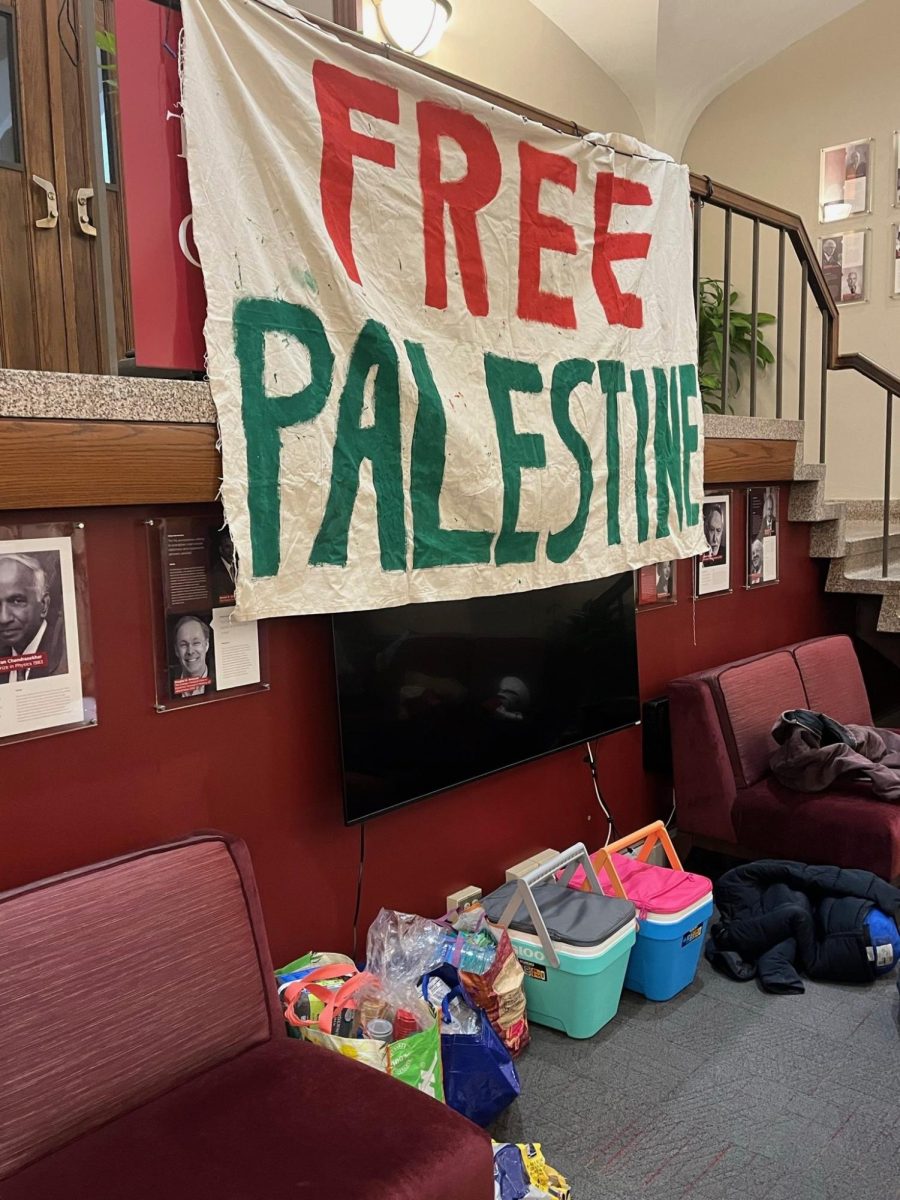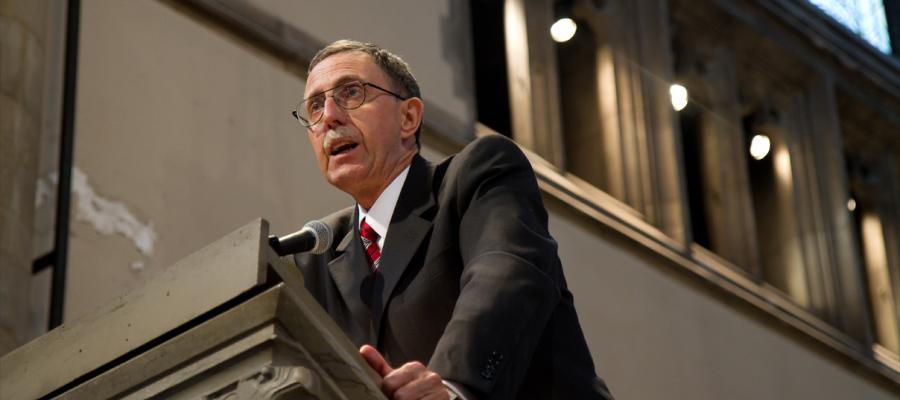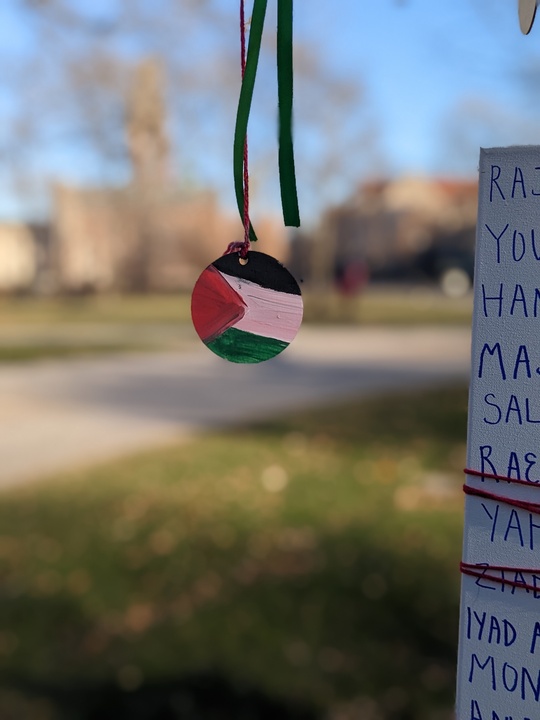Bond MLK Speech
It is disgraceful that the Maroon criticized the University for hosting Julian Bond as a keynote speaker for MLK, Jr. Day due to controversial denunciations of some modern-day Americans, including the President. “[O]ne has to wonder if [Bond’s] divisive political commentary serves as the ideal message from a University-endorsed speaker.” The editorial summarized two “flippant” remarks made by Bond, both regarding Hurricane Katrina.
The editorial referred to students feeling “alienated and maligned” as well as “disenfranchised” by Bond’s appearance. “Disenfranchise” means to deprive someone of the right to vote; perhaps these students were channeling the feelings of blacks unable to vote before the struggle led by courageous people such as King, Medgar Evers, and other brave Americans whose “controversial” statements certainly made many respectable white people feel “alienated and maligned.” Identifying and criticizing racism in America has always been controversial, though many of us too young to remember the Civil Rights movement fail to realize it.
We must recognize that MLK, Jr. confronted contemporary problems. For most of his life, King was a very divisive figure—and many did not forgive him even after his death. His birthday did not become a holiday for more than 10 years after it was initially proposed, with politicians as prominent as Jesse Helms and Ronald Reagan opposing it (though Reagan eventually supported it).
Julian Bond is not simply a “controversial” speaker brought to campus. David Horowitz, among others, certainly fit that description, and was invited by a campus group rather than the University itself. But Bond’s message is in the true spirit of King, and to choose someone less “controversial” than a King confidant for the celebration of King’s birthday would be the height of irony and a true sign that we prefer a more genteel King than the one history inconveniently left us.
The University should be applauded for rejecting the mediocrity of many MLK celebrations that sanitize the King experience and message. Martin Luther King, Jr.’s birthday should not be a time for tempering critiques of racism and discrimination in America today so that privileged students at an elite university can feel good about themselves.
Gabriel Mares
Student in the College
Red Cross Policy
I read with great interest the article “Donor Policy Should Put Safety First” (1/23/07).
While I don’t wish to challenge the facts that Dr. Moran presents, I believe he omitted certain facts (perhaps out of mere ignorance or perhaps just because he hasn’t thought about it; I don’t wish to accuse him of malice) that might shed a different light on the situation.
First, of course it would be bad for HIV–infected blood to enter the U.S. blood supply; this is why blood is screened for HIV after donation. Given that blood is tested for HIV anyway, it seems less sensible to be so concerned about prohibiting gay men from donating blood.
Further, the criteria ban donations from all gay men, no matter how reasonable their conduct, while allowing donations from heterosexual men, no matter how outrageous their conduct. A heterosexual man can have sex with a dozen prostitutes, but if he isn’t known to be ill, then the Red Cross guidelines say he’s clear to donate in one year (without requiring that he be tested for diseases in that time), while a gay man who has been celibate for 30 years and has repeatedly tested HIV–negative is still banned.
By treating gay men as pariahs no matter how reasonably they may be expected to be healthy, while accepting heterosexual men even if they exhibit behavior known to be unhealthy, the criteria are not serving the health of the public but are instead preventing donations by healthy, willing volunteers due to arbitrary policy—that sure sounds like discrimination to me.
Thomas M. Farrell
Somerville, MA







